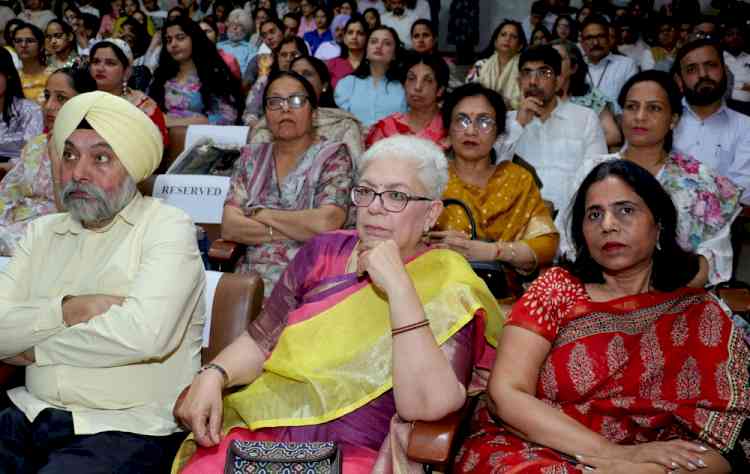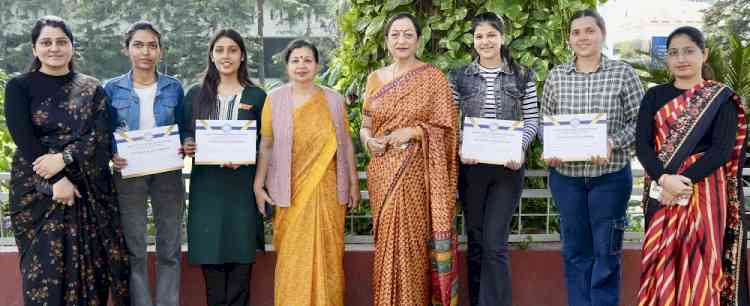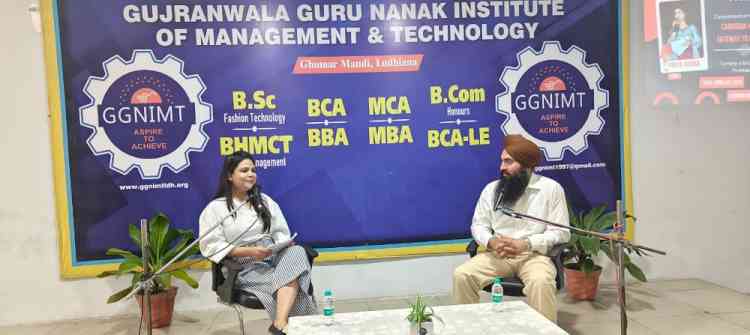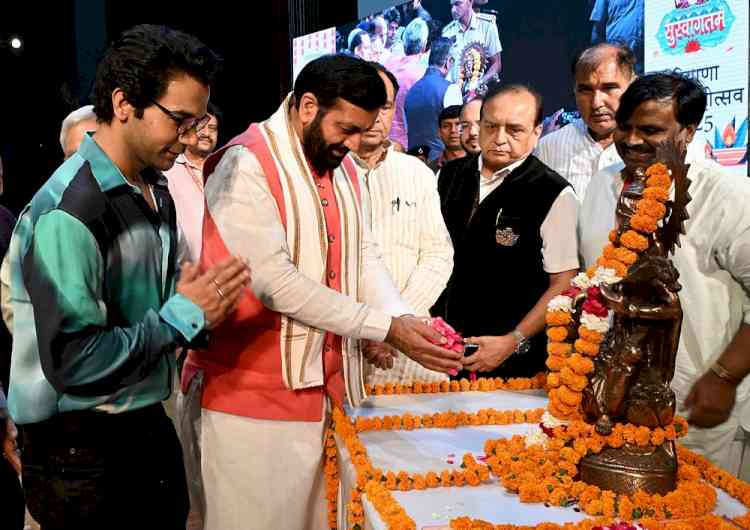3rd Chandigarh Language Congress Starts at PU
The 3rd Chandigarh Language Congress (CLC-25) commenced today at Panjab University.

Chandigarh, April 3, 2025: The 3rd Chandigarh Language Congress (CLC-25) commenced today at Panjab University.
Dedicated to the legacy of renowned Indian writer Krishna Sobti, the Chandigarh Language Congress is being organized at English Auditorium by PU in collaboration with the Punjab Arts Council and RUSA on the theme of “Language, Literature, and Cultural Plurality.” Leading scholars, authors, and translators of English, Hindi, Punjabi, Sanskrit, Urdu, French, German, Russian, and Persian languages are participating to celebrate its rich linguistic and literary traditions.
Inaugurating the CLC-25, Prof. Yojna Rawat, Dean of University Instruction and Chief Coordinator of the Congress, reaffirmed the university’s commitment to research, innovation, and interdisciplinary dialogue. Introducing the theme, Prof. Yograj Angrish, Co-ordinator of the Congress, stressed the role of translation as a crucial bridge between languages and histories.
The keynote address was delivered by renowned Hindi writer and critic, Prof. Rohini Aggarwal, who invoked Indian mythology, history, and the aesthetic principles of Satyam Shivam Sundaram. Guest of Honour, Swaranjit Savi, Chairman of the Punjab Arts Council, addressed pressing social concerns through his initiative Rebooting Punjab. In his Presidential Address, Shri Madhav Kaushik, President of the Sahitya Akademi, New Delhi, underscored India’s composite and syncretic culture.
The event concluded with a vote of thanks by Prof. Meenu Gupta, Co-coordinator and Chairperson, Department of English and Cultural Studies, Panjab University while sessions were moderated by Prof. Gurmeet Singh.
The inaugural ceremony was followed by a Plenary Session on “Language, Literature and Cultural Plurality”, the session was moderated by Dr. Ravinder Kaur Dhaliwal chaired by Dr. Deepti Gupta. The session had many insightful discourses, Prof. Roshan Lal discussed multicultural literature and the amplification of marginalized voices. Prof. Abhijit Karkun dwelled on the importance of French and Francophone studies, highlighting the cultural exchange between French and Indian intellectuals. Prof. Arun Dev emphasised the transnational significance of cultural plurality, Dr. Amarjit Grewal, a distinguished scholar examined the relationship between diversity and hyper-diversity, focusing on AI. Prof. Nashir Naqvi explored the integration of languages, advocating for their recognition as opportunities rather than rigid identity markers, Professor Deepti Gupta further elaborated on these discourses and concluded the session.
Later a special session was conducted to celebrate the legacy of eminent writer Krishna Sobti. The Special Session on Krishna Sobti offered a critical exploration of the writer’s literary legacy, focusing on her contributions to language, identity, and cultural discourse. Dr. Rekha Sethi and Dr. Rashmi Rawat analysed Sobti’s linguistic innovations, discussing how her use of Hindi challenged literary conventions and expanded creative expression. Prof. Kumool Abbi examined Sobti’s feminist perspectives, highlighting her defiance of patriarchal norms and her engagement with postcolonial themes.
Following this thought-provoking session, eight parallel technical sessions featured research paper presentations on various topics related to the conference theme, chaired by eminent academicians and dignitaries. The first day concluded with a tea break, marking a successful and enriching day of scholarly exchange and critical engagement.


 City Air News
City Air News 








